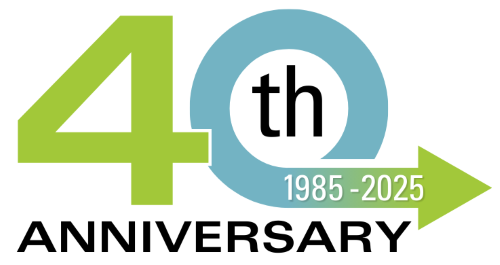Keeping Your Remote Workers Secure & Compliant
American workers are increasingly working remotely. While offering flexible work helps you to hire talented workers, it has an impact on your company’s security. How can you benefit from remote workers without compromising your sensitive data?
How common is remote working?
As of last year, there were nearly 4 million Americans working remotely in some capacity. It’s predicted that more than a third of all employees will be working remotely within ten years. Your remote employees might be full time, part time, or freelancers. They might work from home or out at coffee shops and libraries.
A majority of of the workforce desires remote work, at least part time. A few days at home provides employees with the ability to engage in work that requires high amounts of concentration, while balancing for in-office collaborative work.
What are some benefits of working remotely?
- Remote work can help bridge the gender gap. 51% of women in the tech industry say that motherhood has made it difficult to advance in their career.
- Eliminating a commute can provide employees with an extra 2-3 weeks of free time every year, leading to a happier and healthier workforce.
- Offering remote work attracts and retains talent, as employees increasingly value and expect this flexibility.
Security vulnerabilities
Despite the many benefits of working remotely, there is one serious drawback. Remote workers can leave your company’s data vulnerable to data breaches. Studies have found that breaches are more common among remote workers and simple human errors are often the cause of these breaches. Employees may be using insecure wifi, leaving devices and papers open for passers-by to view, and incorrectly disposing of paper documents.
This is where a Remote Working Policy comes into play. Work with management and IT to develop guidelines and expectations for employees who are working remotely. This can include developing secure infrastructure, creating a communication plan for data breaches, and identifying guidelines on how to dispose of documents. Companies in the health care field (which is one of the top industries for remote workers) may need to implement a confidentiality agreement to safeguard against HIPAA violations.
Don’t forget to set up a paper shredding schedule to ensure that all your remote employees are securely destroying their paper documents.
Call DataSafe today to find a solution that will meet your company’s needs!

Get Your Quote
"*" indicates required fields

